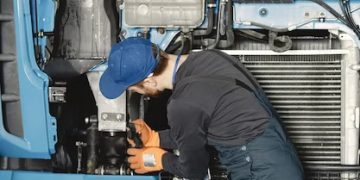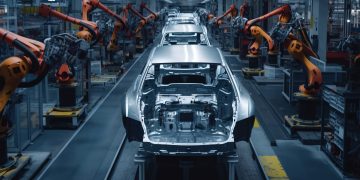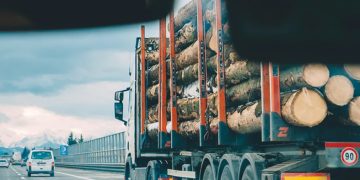With more and more robots making their way into useful applications, autonomous field work is no longer a far-off possibility. Prior to their utilisation on a larger scale, however, additional development work is required, and fundamental safety concerns still need to be resolved.
Autonomous machines will likely be cultivating arable land on a wide scale thanks to recent advances in mobile machines, and the transition to driverless field robots has already started. Agriculture can benefit greatly from autonomous systems, which can also help farmers with day-to-day tasks.
Autonomous robots can make a substantial contribution to field operations, aid in the preservation of both natural resources and soil, and perform tasks like sowing, crop protection, harvesting, and tillage. Field robots can assist alleviate labour shortages by doing labor-intensive jobs like weeding, and thanks to scalable technology, the autonomous systems of the future will also be a realistic option for smaller farms.
Commercial field robots and systems for the full or partial automation of field operations are now being developed by all major agricultural machinery manufacturers, as well as by startups and smaller businesses.



























































